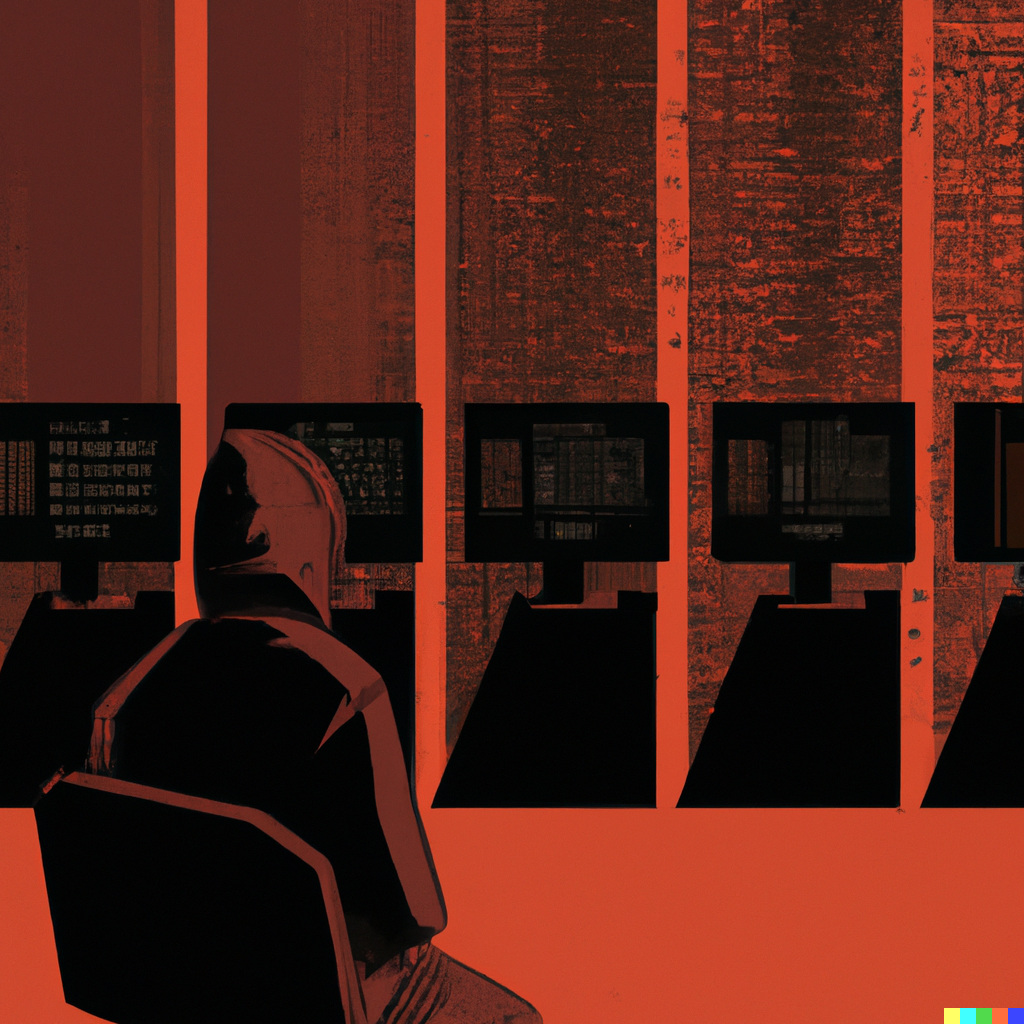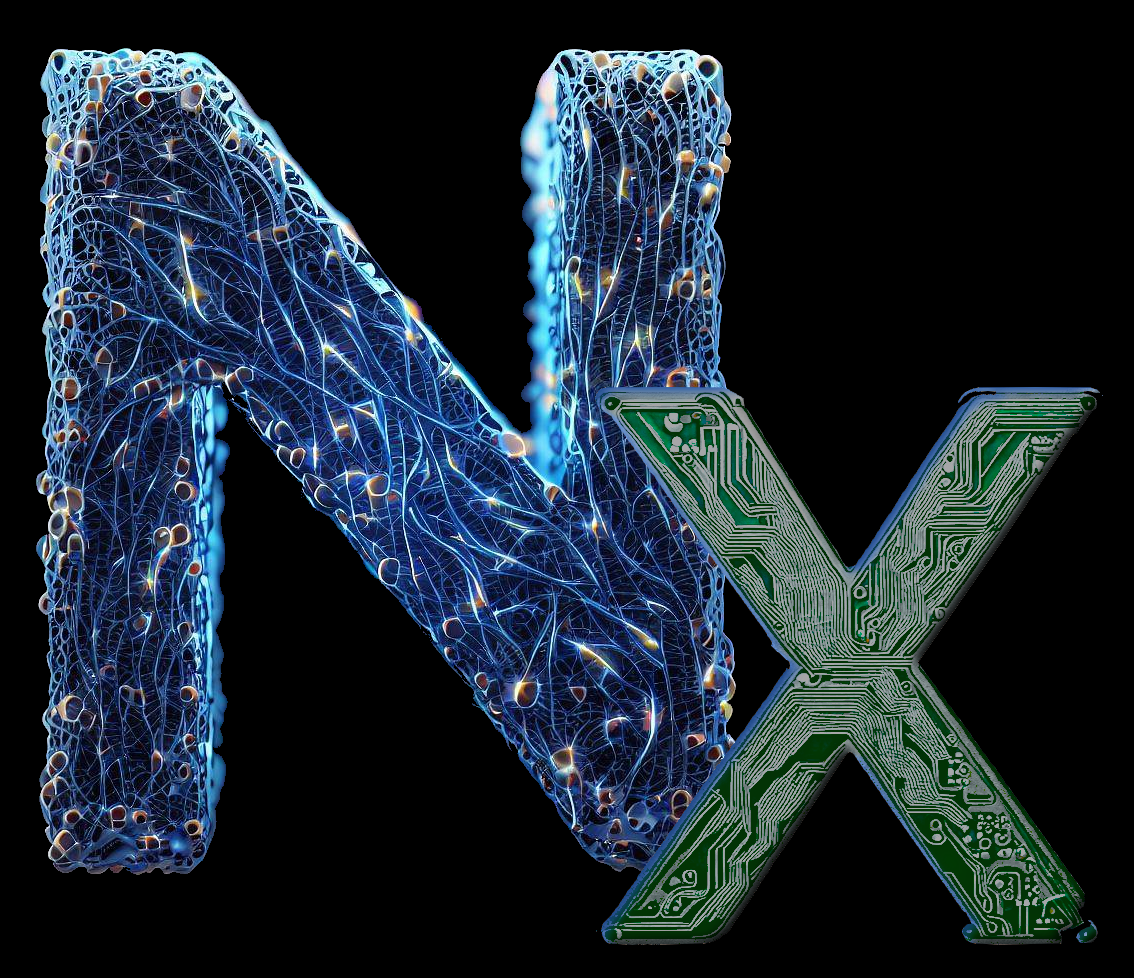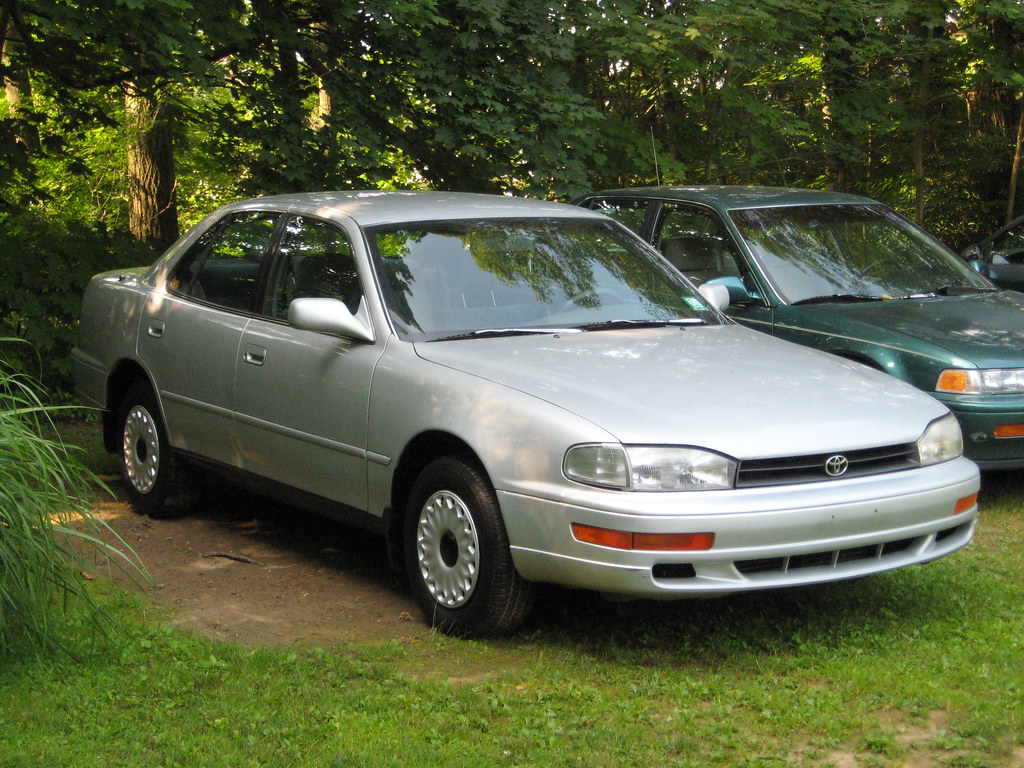- cross-posted to:
- [email protected]
- cross-posted to:
- [email protected]
Very frustrating to hear. I’ve been slowly migrating away from RHEL-based distros after they shifted CentOS to be upstream from RHEL. This is another nail in the coffin in my books.
Question: Unless your an enterprise or certifying software for an enterprise why do people use RHEL? There are just so many other options without the drama.
I guess they’re following the pissbaby toddler train culture that’s been growing in the techbro community as of late. The whole attitude of “We know better than our users, we’re going to aggressively monetize the shit out of it and nobody is going to care.”
Guess RedHat is going to learn the same thing that so many others have learned before them: Don’t piss off your users.
Especially not Linux users. This isn’t grandma with windows 95, or Uncle with his iPhone, Linux users are almost guaranteed to have in the past tried other distros.
They will again. Begrudgingly, but they won’t look back either.
The average FOSS enthusiast never was the target market for Red Hat. Big corporations whose purchasing departments like expensive support contracts are the target market. And for those, not much changes, and even if it did, those places don’t just switch to another distro on a whim.
And just like that, my attempt at Linux on the desktop (take #4123), which was going to be Fedora, is back in flux. I don’t want to start investing time into a learning project in major transition and an uncertain future.
Ironically, I’m looking again at OpenSUSE, which I had left back during the SuSE-> OpenSUSE period. (You can tell I’m OG because I’m one of the few that uses the correct capitalization! haha)
IMO Ubuntu has been the best bet for linux on the desktop since about 2006.
They occasionally do things people dislike, but it’s always easy to pick a different flavour (Xubuntu and Ubuntu-mate are great examples IMO), and the underlying distro is reliable and stable.
I’m also a big fan of LTS releases, and supported upgrade paths between them.
/2c
I was considering it, but I’ve done little auditions of Ubuntu over the last 10 years and something doesn’t feel right. It was awesome in the late '00s, but it hasn’t clicked with me since. Maybe it was the 1-2 pow of trying to make a phone OS and then the phone-looking launcher.
Thanks for the tip, though. I’ll give it a go if my next candidate gets too messy. (Yes, it’s definitely the distros’ fault, not mine. Okay, maybe 20% mine. Or 95%. Something like that.)
I thought Mint was the big thing now. (I’m not big on Linuxnews, just what I heard.)
Mint is very easy to transition to from Windows and pretty stable. I’ve probably used that the most in the last 5 years and my only gripe is that it’s a little out of date (but that adds to the stability) and configuring sound has been a bit annoying.





